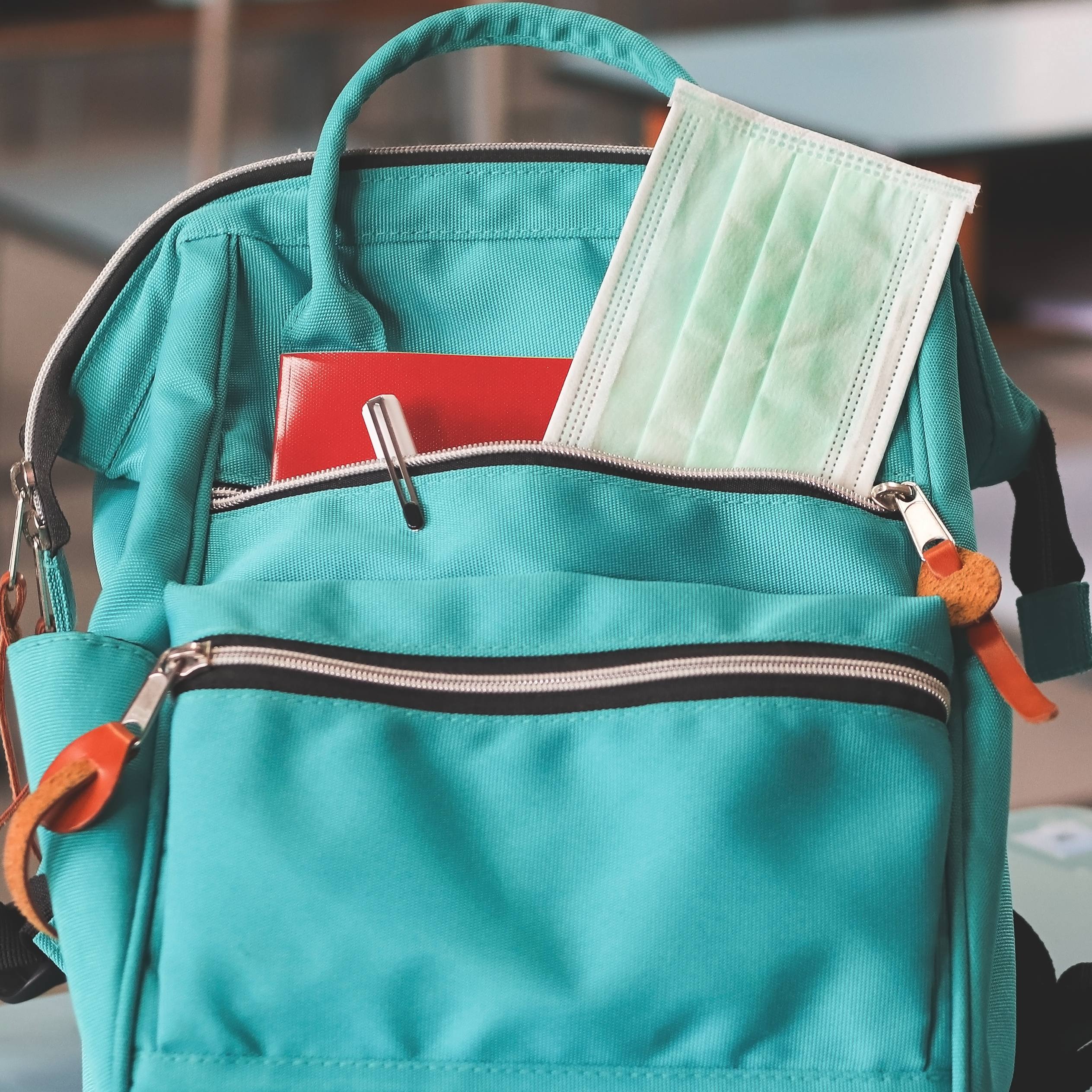-
Resistant Hypertension Has Several Possible Causes
Resistant Hypertension Has Several Possible Causes
September 7, 2012
Dear Mayo Clinic:
I was recently told I have resistant hypertension. What exactly is it, and what could cause it? How can I treat my high blood pressure since medications haven't worked?
Answer:
Hypertension (high blood pressure) is considered resistant when a person is taking a diuretic plus two other blood pressure medications, and their blood pressure is still too high. Diuretics lower blood pressure by helping your kidneys get rid of extra salt and water in your body. Resistant hypertension has several possible causes, including another underlying medical condition. Treatment typically involves a change in your medications.
A variety of drugs are available to treat high blood pressure. If you are taking a diuretic and your blood pressure remains high, your doctor may recommend adding additional medications, such as angiotensin-converting enzyme (ACE) inhibitors, beta blockers, calcium channel blockers or others that can help lower blood pressure.
When resistant hypertension is discovered, the first step is usually a thorough review of all your current medications, including those for blood pressure control and any other medications you take. In many cases, a change in the amount of blood pressure medication a person is taking — often an increase in the diuretic — can effectively treat resistant hypertension. For blood pressure medications to work best, the directions for taking them should be carefully followed.
If medication adjustments do not work, doctors usually start looking for other medical problems that could be contributing to high blood pressure. Those may include an abnormality in the hormones that control blood pressure, or a narrowing in one or more of the arteries leading to your kidneys. If another problem is uncovered, treating that condition in addition to treating the high blood pressure usually works to bring blood pressure down.
Certain sleep problems, including sleep apnea, may also contribute to resistant hypertension. Some people with high blood pressure, particularly those who are overweight, can have disturbed breathing during sleep, and that may lead to resistant hypertension. If you are exceptionally tired during the day and you snore while sleeping, tell your doctor.
In the future, treatment for resistant hypertension without drugs may be an option. For example, the kidneys play a key role in controlling blood pressure, and blood flow to the kidneys is an important part of the process. Researchers are examining whether making changes in how kidney arteries function — for example, by destroying certain nerves that serve the arteries — can help control blood pressure. This research is still in the early stages, but it holds promise.
Also important to remember is that lifestyle choices you make can significantly affect your blood pressure. Eating a healthy diet that includes lots of fruits and vegetables and limits salt can often help control blood pressure. Staying at a healthy weight, exercising, not smoking and limiting the amount of alcohol you drink are important self-care steps for people with high blood pressure.
Make an appointment to talk to your doctor about controlling your high blood pressure. Sometimes, people with high blood pressure go through several medications and changes in medication dosages before their blood pressure is well controlled. You may need to monitor your blood pressure at home for some time to determine if a new medication is working. In most cases, a combination of medications and healthy lifestyle changes can keep blood pressure in check.
— Michael Hogan, M.D., Consultative Medicine, Mayo Clinic, Scottsdale, Ariz.
Related Articles







